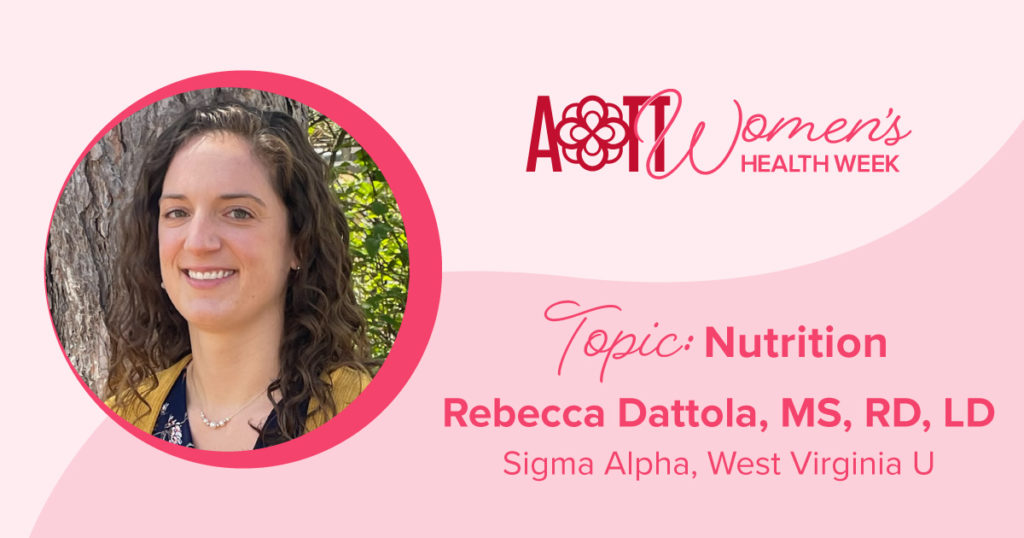Table Talk Thursday – Nutrition Q & A


What is balanced nutrition?
The first thing you should know about balanced nutrition is that it is going to be different for everyone. Your needs will vary depending on your genetics, activity, any health conditions, or other factors. While looking to others you consider to be healthy can be a starting point, what works for your friends, family, or an “influencer” might not be what works for you. For most people, balanced nutrition is going to include a variety of foods to provide carbohydrates, protein, fat and all the micronutrients. A balanced diet should also be enjoyable and leave you feeling satisfied.
What are the macronutrients and what do they do?
- Protein gives our bodies structure as well as providing support to our hormones, enzymes, and other cellular processes.
- Fat is a stored form of energy for our body and provides insulation and protection for our vital organs. Fat is also required to properly absorb some vitamins and provide our bodies support on a cellular level.
- Carbohydrates give us energy to support our bodies and minds. While our bodies can make energy in other ways, carbohydrates are their preferred source of fuel.
What about supplements, do I need to take them?
Most people are able to meet their micronutrient needs with a varied diet but if you have any dietary limitations, you might be missing out on important nutrients. For most people, a daily multivitamin can help cover any missing nutrients. Talk to your doctor or a registered dietitian nutritionist to determine if you need more specific supplementation.
How can I balance eating out with my nutrition goals?
Food is so much more than fuel! Food is often the center piece of our time with friends and family and an important part of many celebrations. Often, the foods we eat at these moments are not considered traditionally healthy and that is okay! Our health and nutrition are not defined by a single item, meal, or even day of eating. A balanced diet includes room to celebrate and enjoy all foods.
What if I need help determining a balanced diet?
The best thing to do would be to turn to a registered dietitian nutritionist. They can review your diet and lifestyle and help you come up with a plan to work towards your goals. Many campuses have a dietitian available for students and these services are often free! Some insurance companies will also cover visits with a registered dietitian nutritionist.
If you can’t see a registered dietitian nutritionist, it is important to get your advice from a reliable source. While many “influencers” on social media may have good intentions, they are not trained to meet your needs. Some important things to avoid are promises of quick fixes, magic or miracle foods, and advice to eliminate specific foods or entire food groups for general health. Instead look for information written and supported by registered dietitians. Eatright.org is one example, it not only supports registered dietitian nutritionists but also offers information for consumers

